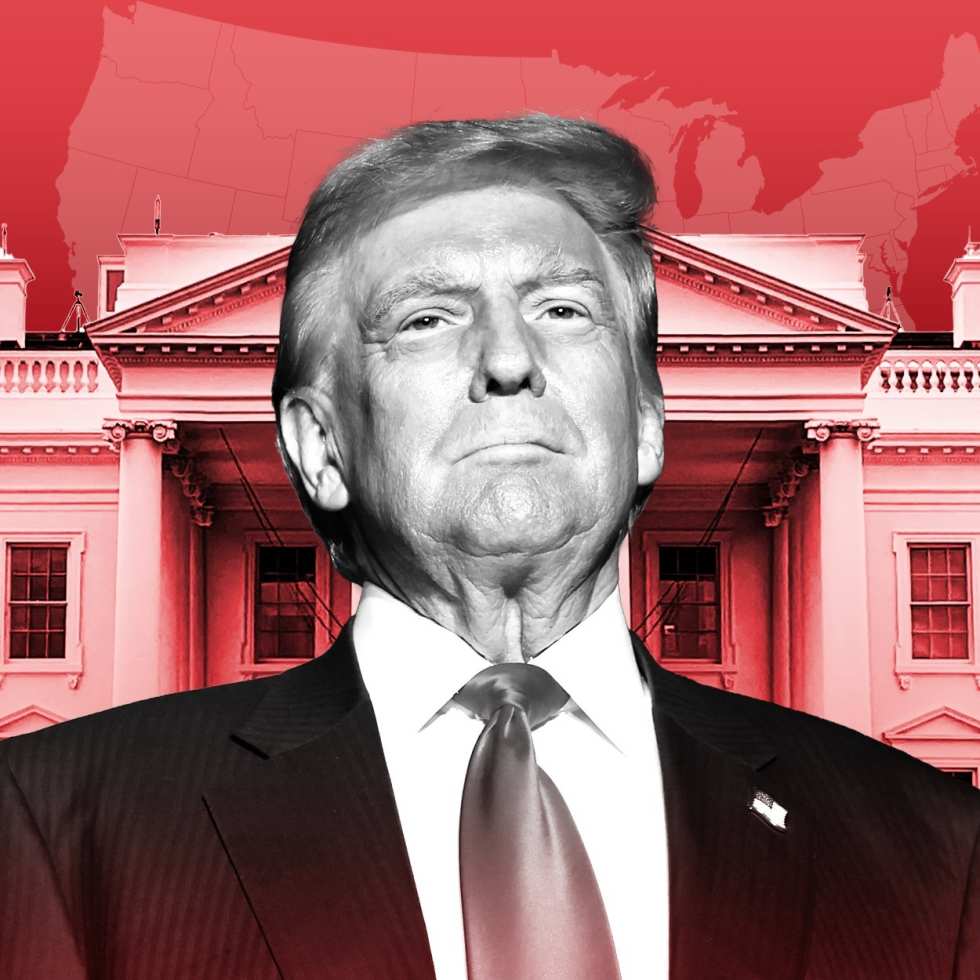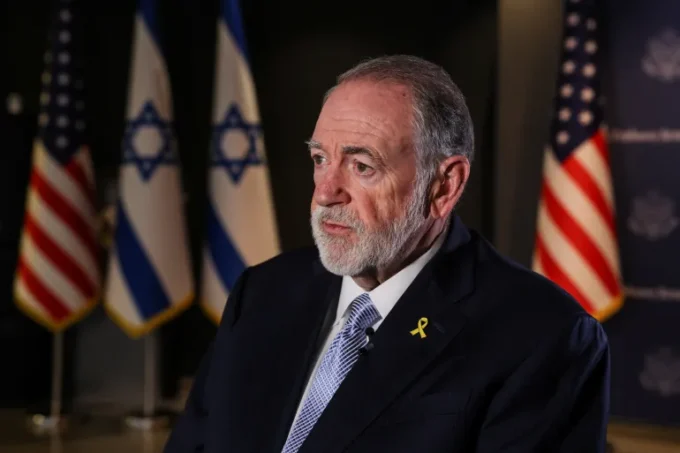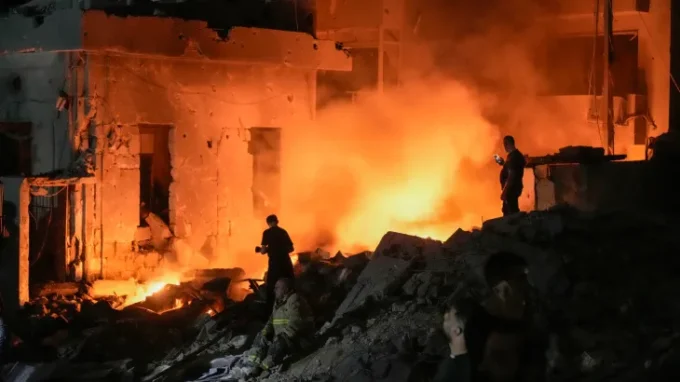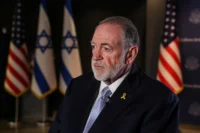U.S. President Donald Trump has repeatedly claimed that he ended several wars during his time in office. At first, he stated he had ended six conflicts; later, he increased that number to seven, suggesting these accomplishments made him deserving of the Nobel Peace Prize. However, fact-checkers and international analysts argue that many of these claims either overstate the role he played or misrepresent the nature of the conflicts altogether.
One of Trump’s more controversial claims involved a so-called “12-day war” between Israel and Iran, which he said his administration ended. In reality, experts and Iranian officials have dismissed this as a mischaracterization, stating that there was no formal war—only a flare-up of tensions that ended in a short-term ceasefire. No official peace agreement was brokered, and the situation remains tense.
In South Asia, Trump took credit for reducing tensions between India and Pakistan after a series of clashes in Kashmir. While Pakistan acknowledged the U.S. role in encouraging dialogue, India insisted that the de-escalation was managed through existing military and diplomatic channels, with no external mediation. Similarly, Trump claimed responsibility for ending border skirmishes between Thailand and Cambodia.
Yet, regional experts noted that Malaysia had played a central role in mediating the ceasefire, with Trump’s influence largely limited to rhetoric and economic pressure.The Trump administration was also involved in encouraging dialogue between Armenia and Azerbaijan, whose conflict over the Nagorno-Karabakh region had recently escalated. Although a meeting between the two nations took place in Washington and resulted in a temporary agreement, the fighting had already begun to subside by then, and the peace deal lacked long-term enforcement mechanisms.
In Africa, Trump highlighted a ceasefire agreement between Rwanda and the Democratic Republic of Congo (DRC) as one of his achievements. This deal, signed in Washington, followed an increase in rebel activity in the region. Despite the agreement, fighting continued in several areas, calling into question the durability and effectiveness of the U.S.-backed initiative. Another example involved the dispute between Egypt and Ethiopia over the Grand Ethiopian Renaissance Dam. Trump claimed to have resolved the issue, but Ethiopian officials rejected this assertion, pointing out that no final agreement had been reached, and negotiations were ongoing.
In Europe, Trump claimed to have prevented a war between Serbia and Kosovo, citing normalization talks held during his administration. While tensions between the two countries have been ongoing for years, there was no imminent threat of war at the time. The talks, though significant, did not result in a permanent resolution of their disputes, and the region remains politically fragile.
While Donald Trump often presents himself as a global peacemaker, many of the situations he references involved ceasefires or political tensions rather than full-scale wars. In several cases, his administration played a secondary role or simply endorsed agreements already in progress. Analysts suggest that while some diplomatic efforts were notable, the claims of having ended multiple wars are exaggerated and do not fully align with the facts on the ground.












Leave a comment